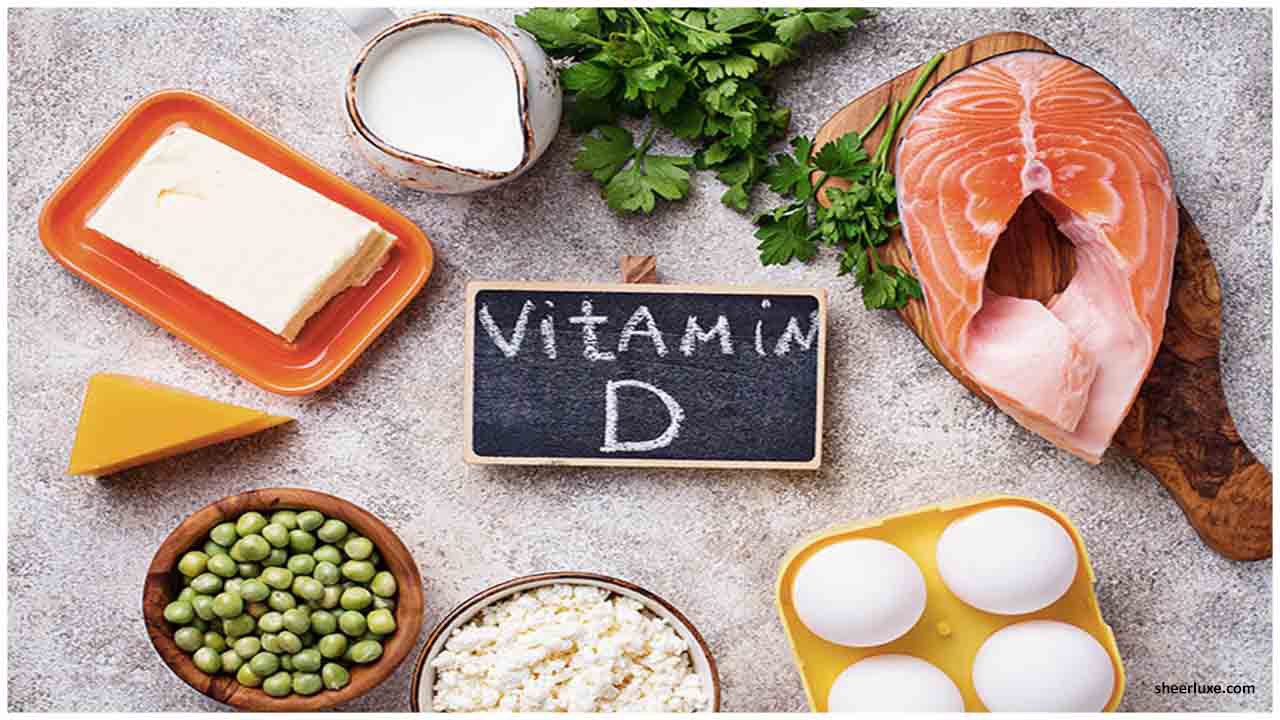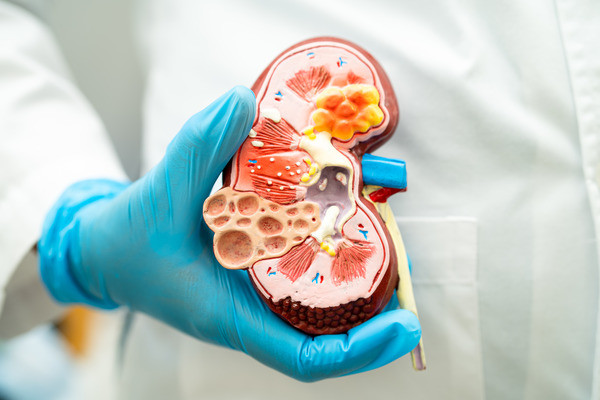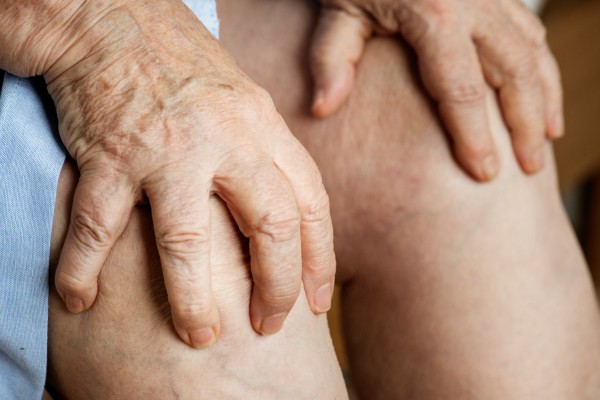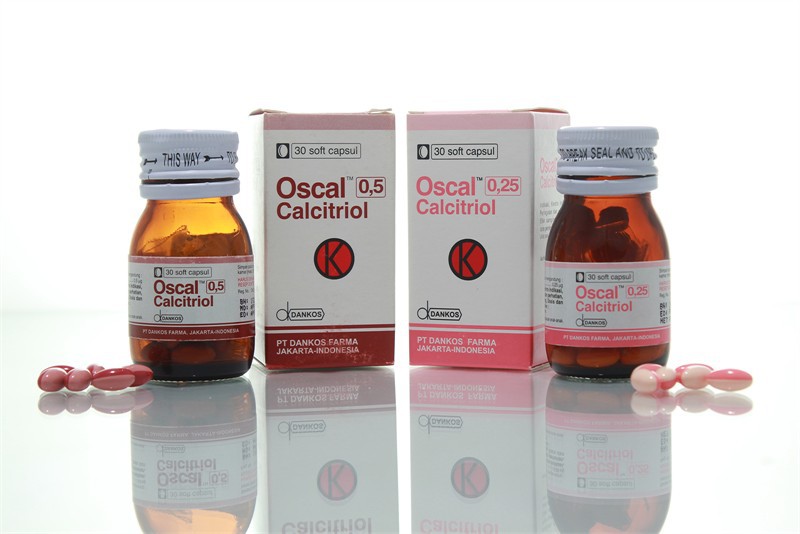
Vitamin D can regulate the expression of about 11,000 genes covering various physiological functions including regulation of both innate and adaptive immune functions, the release of pulmonary cytokines, and the induction of autophagy as an immune defense.
The synthesis of 1,25-dihydroxyvitamin D (calcitriol) is an integral part of the normal development of antigen-presenting cells. In addition, through induction of macrophage expression of cathelicidin and -Defensin2, calcitriol stimulates chemotaxis of neutrophils, monocytes, macrophages, and T cells, triggering clearance of respiratory pathogens via apoptosis and autophagy of infected epithelial cells.
As an active metabolite, calcitriol is beneficial over other forms of vitamin D as a therapy in patients with hypocalcemia or patients with hyperparathyroidism secondary to impaired renal function.
A preliminary study has been conducted to examine the potential benefits of calcitriol therapy given to patients hospitalized with Covid-19. This study is a randomized, open-label, controlled clinical trial in 50 hospitalized Covid-19 patients. Patients were treated with calcitriol 0.5 mcg daily (calcitriol group, n=25) or no calcitriol (control group, n=25) for 14 days or until discharge from hospital. Patients also receive therapy which may include remdesivir, dexamethasone, or convalescent plasma and supplemental oxygen.
Patients admitted to the immediate ICU, hypercalcemia and/or hyperphosphatemia on admission, had untreated calcium metabolism disorders such as hyperparathyroidism, hypoparathyroidism, chronic kidney disease with GFR <30 mL/min, or were prescribed calcitriol outside the study were excluded from this study. .
The change in peripheral arterial oxygen saturation to the fraction of inspired oxygen (SaO2/FiO2) ratio was calculated on admission and discharge from the hospital. The results showed that the control group experienced an average increase in SaO2/FiO2 ratio of +13.2 (±127.7) and the calcitriol group experienced an average increase of +91.04 (±119.08) (p=0.0305) when discharge from hospital, which demonstrated improved oxygenation in patients receiving calcitriol.
Other clinical markers showed that the length of stay in the control group was an average of 9.24 (±9.4) days compared to 5.5 (±3.9) days in the calcitriol group (p=0.14). A total of 8 patients in the control group and 5 patients in the calcitriol group required treatment in the ICU. There were 3 patients in the control group and no patient in the calcitriol group died. A total of 4 patients in the control group and 2 patients in the calcitriol group were hospitalized again. No side effects of hypercalcemia or hyperphosphatemia were found.
The results of this study illustrate an improvement in oxygenation in hospitalized Covid-19 patients treated with calcitriol. However, larger randomized studies are needed.
Image: Illustration (source: http://news.unair.ac.id/)
Reference: Elamir YM, Amir HA, Lim S, Rana YP, Lopez CG, Feliciano NV, et al. A randomized pilot study using calcitriol in hospitalized COVID-19 patients. Bone 2022;154:116175. https://doi.org/10.1016/j.bone.2021.116175











